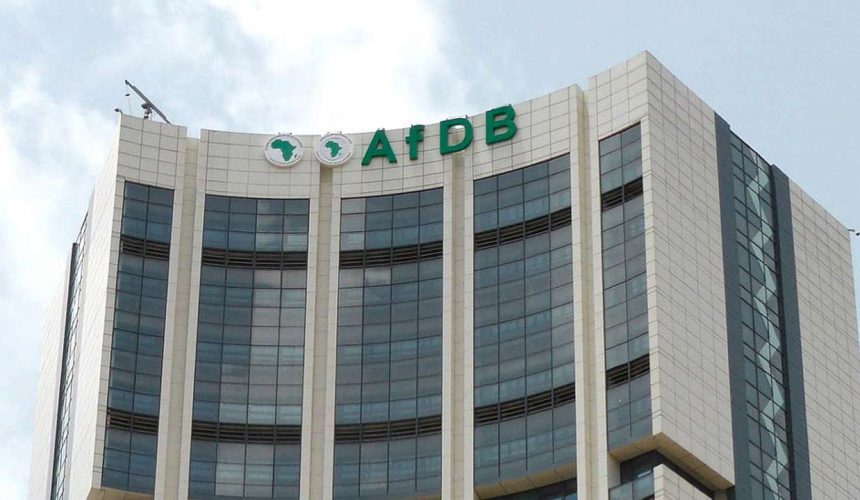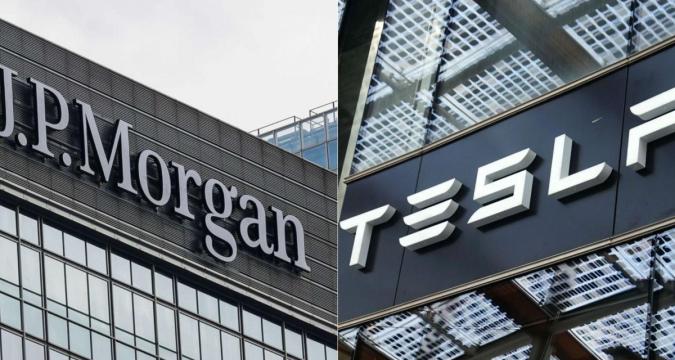By Felicia Nwosu
The African Development Bank (AfDB) has revealed that Africa’s digital economy is growing rapidly, with a worth value at $115 billion and a projection to reach $712 billion by 2050.
To drive its growth, AfDB entered into a strategic partnership with Google to advance Africa’s growing digital economy.
Meanwhile, another report made by an industry expert, Neill Stewart, a Data-Driven Business Development professional, disclosed that in 2021, the digital economy was worth an estimated $115 billion and is expected to grow to $712 billion by 2050.
Stating this on its LinkedIn handle, the AfDB noted that the collaboration was formalized through the signing of a Letter of Intent during the Global Africa Business Initiative at the United Nations (UN) General Assembly in New York.
It added that the agreement highlights the shared commitment of both organizations to harness emerging technologies, enhance infrastructure, refine talent and skills on the continent, and promote digital evolution.
Highlighting some of the AfDB’S investment in digital infrastructure, Akinwumi Adesina, the President of AfDB, disclosed that the continental bank has committed $1.9 billion in projects over the past decade as part of investment interventions to ensure its growth.
The AfDB’S president commended Google’s pivotal role in Africa’s economic growth and digital transformation, noting that Google’s investment in the Seacom cable, a significant submarine telecommunications cable, back in 2005.
Adesina outlined the collaborative efforts between AfDB and Google, with Google providing technical assistance to empower entrepreneurs and small and medium-sized enterprises in digitizing their businesses, accessing financing, mastering digital marketing, and advancing private sector development.
Responding to the partnership deal, Dr. James Manyika, Google’s Senior Vice President of Research, Technology, and Society, collaborated with the AfDB’S President’s commendation on the immense potential of advanced technologies like AI, while envisaging that the most profound transformation was yet to come.
Manyika expressed excitement about collaborating with the AfDB to work toward their shared commitment.
For Stewart who posted the report on his LinkedIn handle, he said that this growth is being driven by several factors, including the rise of the African middle class which is creating a huge market for digital goods and services.
Other factors, according to him,include increasing availability of mobile internet which is now available to more than 400 million Africans and this number is expected to grow to 900 million by 2025, and the development of digital infrastructure such as fibre optic cables and data centres which is making it easier for businesses to connect with customers and partners across the continent.
To capitalize on this growth, Stewart said South African companies must address specific considerations, such as conducting thorough market research, understanding sovereign risk, and tailoring products and services to local needs.
He also suggested that partnering with local businesses, reducing barriers to entry, building relationships with stakeholders, and demonstrating long-term commitment are also essential for success.
He added that, though challenges exist, the opportunities in the African digital economy are substantial for those willing to adapt and innovate.
These investments, he mentioned, have been directed towards developing broadband infrastructure, creating a conducive policy and regulatory environment, nurturing digital skills, and supporting innovative technology start-ups.
He further posited that this growth trajectory and tremendous progress witnessed so far rose from a mere 2% telephony penetration in 1998 to today’s era of 4G, 5G, and AI.






Comment
No comments found.